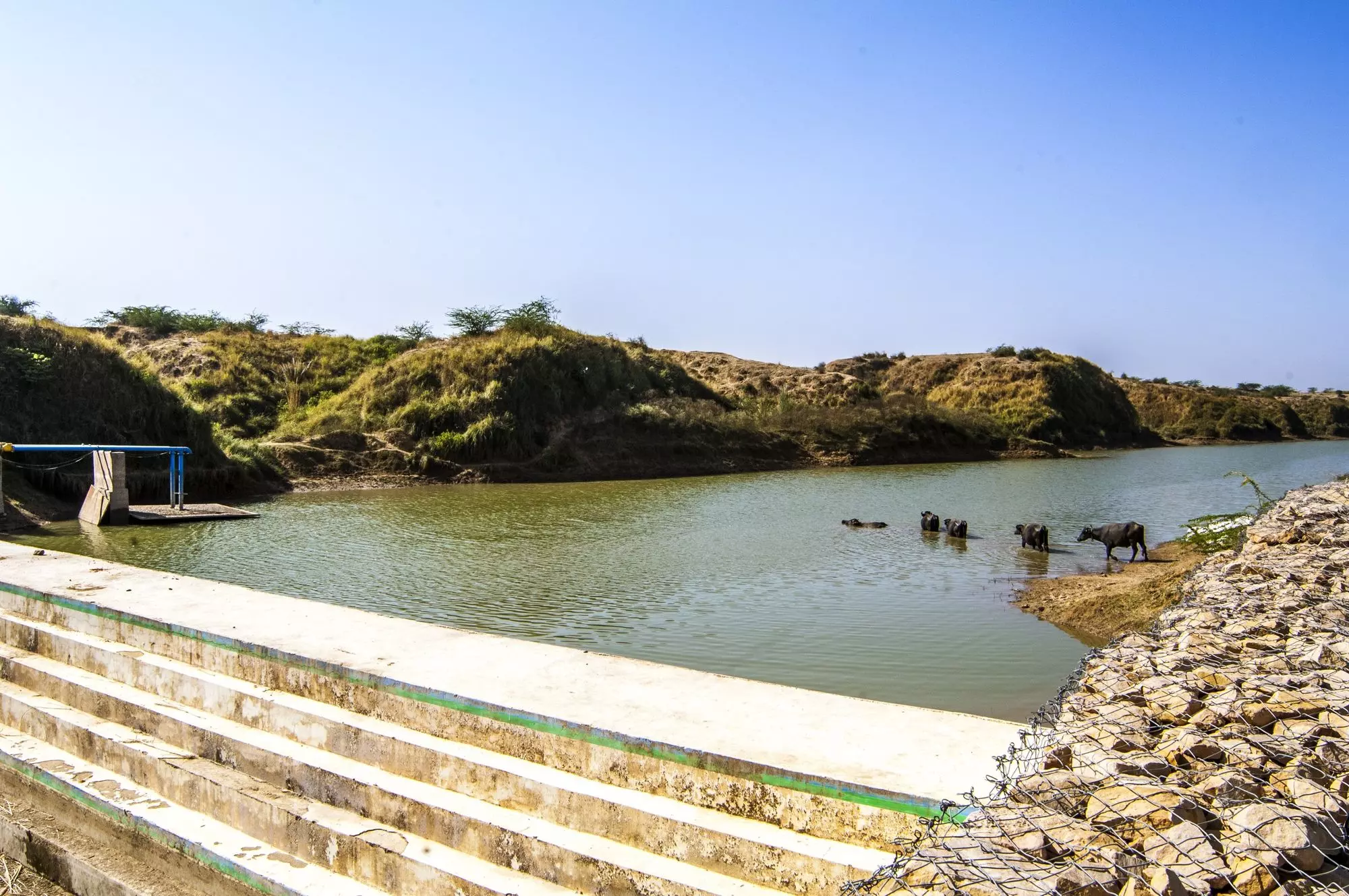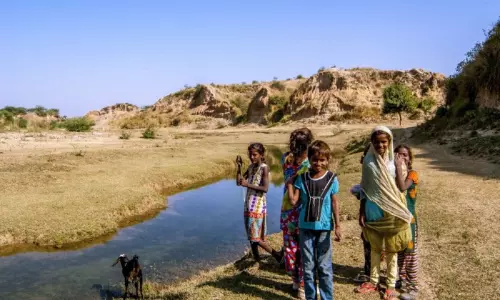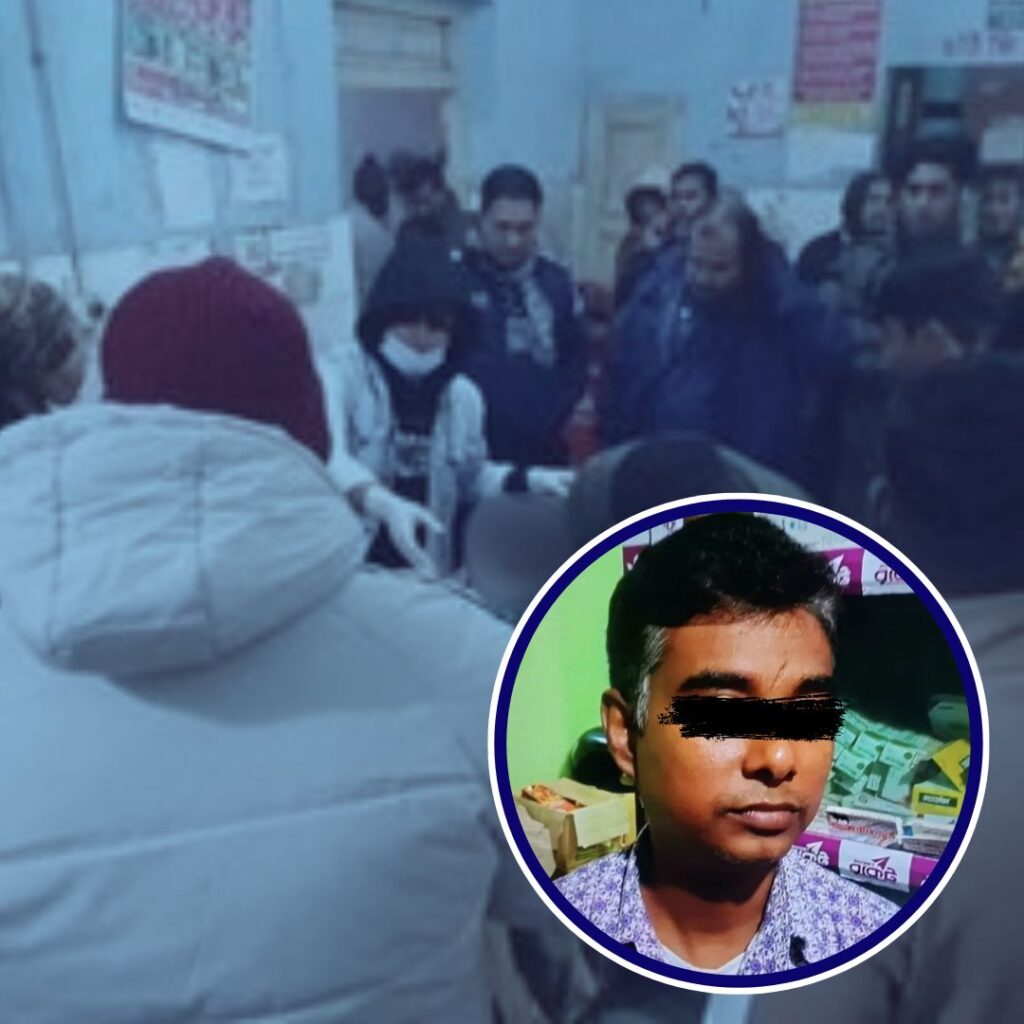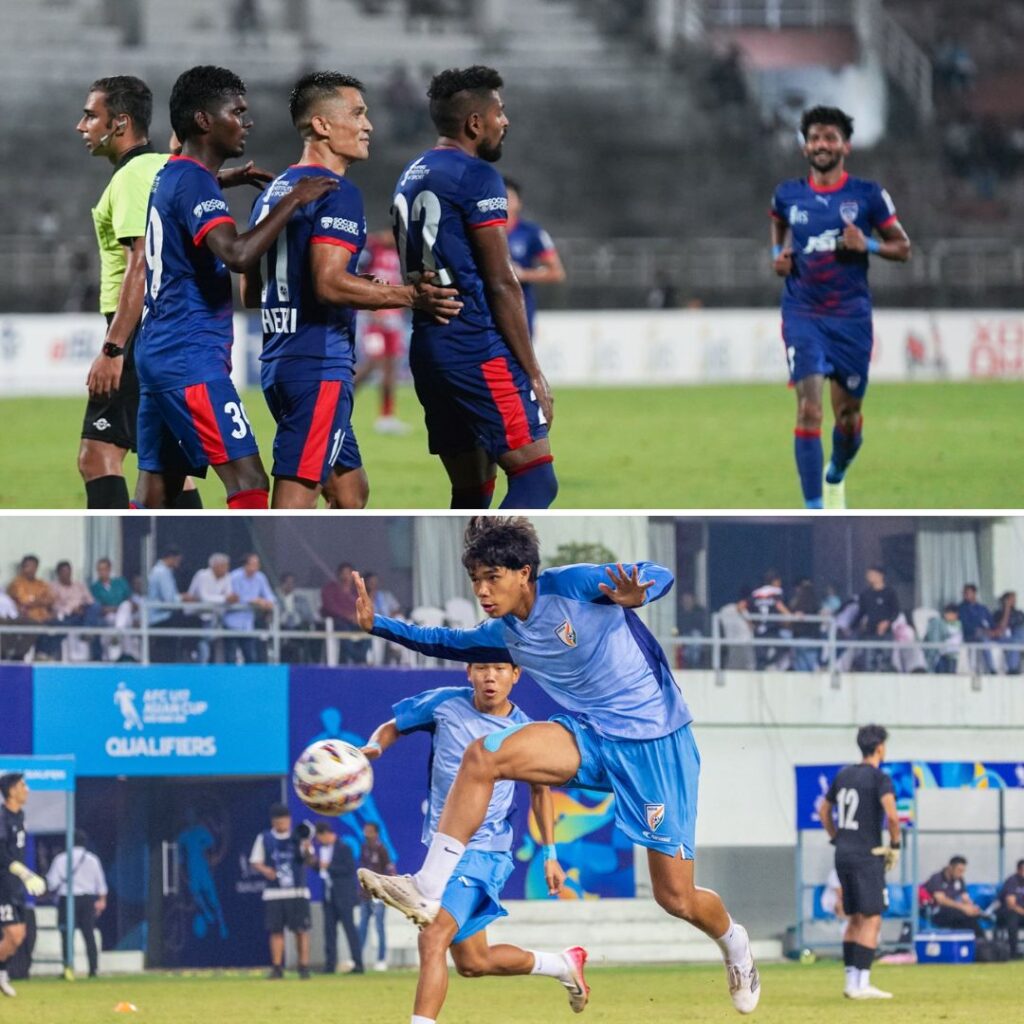Until a few
years back, Pooja Pavra and Mahendra Singh had to walk miles to get water.
Those miles were hard, and with the sun totally unrelenting, their eyebrows
often twitched, and their toes used to crack. But once they reach the nearest
water body, the twitchiness, and cracks would transform into a glee of gushing
water and the rich tapestry of colors and textures, teeming with life.
Today, Pooja
or Mahendra doesn’t have to walk miles courtesy of the availability of water in
their village. And both can’t stop smiling when quizzed about how the
transformation has taken place. Pooja hails from Khamkheda, Dhule (Maharashtra)
resident, and she will tell you that Coca-Cola’s water stewardship program has
been instrumental in creating multiple water replenishment and conservation
projects across the country. “Seeing our children prepare for school every
day with backpacks on their shoulders instead of water cans, burdened with
responsibilities early in the morning, brings happiness to our hearts.”
Since
Coca-Cola started its Water Stewardship program in 2009 through its global
& local Foundation (Anandana), more than 150+ community water conservation
projects have offered benefits to over a million community members and have
helped replenish billions of liters annually in more than 10 states. These
efforts align with the Amrit Sarovar Mission, which aims to develop and
rejuvenate the country’s local water bodies.
The Water Voyage Brings Joy To Millions
Along with
the Lupin Human Welfare & Research Foundation and the Rajputana Society of
Natural History, the company has been working to make a difference in Tontari
Village, Dholpur (Rajasthan), by building two masonry check dams on the Bamani
River. This 6.5 km-long water intervention has helped address the incessant
water woes in the region and set a benchmark for other drought-prone areas.
The
construction of water conservation structures has led to an increased storage
capacity that resulted in hundreds of acres of irrigated land in the area where
earlier there was lower acreage of irrigated land. More than 100 bore wells and
an equal number of hand pumps are functional in nearby 10 villages, benefitting
the villagers for their domestic and agricultural purposes.
Swati
Samvatsar, Ex-Lupin Human Welfare & Research Foundation, stresses the benefits of the transformation. “Building the
check dams was instrumental in ensuring water availability in the area. As a
result, farmers today are diversifying their crops, and as a result, they can
make agriculture sustainable. This transformation is inspiring many to be an
active part of our initiative as well.”
In addition
to the crops and vegetables that Mahendra Singh, a farmer from Dholpur,
Rajasthan, used to grow, like wheat, potato, and tomato, he created a fruit
orchard and drastically increased the number of fruits grown on his farm. He
now grows lemons, amla, chikoo, oranges, papaya, and many others. Singh shared,
“This transformation in my farmland has given me the much-needed financial
security for my family in leading a respectful and comfortable life.”
Dholpur was
not the only region that reaped the benefits of the water conservation efforts.
Projects such as Dholpur are spread across the country in various states such
as Gujarat, Madhya Pradesh, Karnataka, Andhra Pradesh etc.
Project Jal
Sanrakshan has benefited 8,000 villagers in Gujarat through the three
community-controlled check dams in the Panchmahal district. Another success is
visible in Chhatarpur (Madhya Pradesh), where a check dam was built through its
regional partner Haritika. Such sustainable initiatives have helped farmers
become more climate resilient and reap the benefits of water availability for
cultivating their farmland and using it for household purposes.

Bringing Grassroots Change
Recognizing
Coca-Cola India’s positive role in ensuring water sustainability, the Ministry
of Jal Shakti, Government of India, conferred the National Water Award in the
Best Industry in CSR for Water Conservation (2022). The award acknowledged
Coca-Cola India’s Jaldhara project that is being executed in Kolar, Karnataka,
and Anantapur, Andhra Pradesh districts through Anandana – The Coca-Cola India
Foundation and implementation partner – SM Sehgal Foundation. The project has
impacted these regions by significantly improving groundwater levels, overall
crop productivity, and farmers’ livelihood through effective water resource
management.
“Winning
the Jal Shakti National Award is a testament to our dedication to creating a
sustainable and inclusive future for all. The Jaldhara project has had a
transformative impact, positively influenced communities, and contributed to
holistic development in distressed regions across India”, says Devyani Rajya Laxmi Rana, Vice President of public Affairs,
Communications, and Sustainability for India and Southwest Asia.
The Coca-Cola
India Foundation is committed to being responsible stewards of water, a vital
livelihood resource, and is making collective efforts in multiple states in
India to improve water availability, quality, access, and governance. It will
continue to partner with various stakeholders to increase its efforts in
achieving positive water impact in vulnerable water basins by 2030 in
India.
https://thelogicalindian.com/h-upload/2023/09/26/500x300_233706-amazon-1000×600.webp
Responsible Business
2023-09-30 04:36:17.0
Keep The Water From Running Out: Water Stewardship Program’s Influence On Farmers’ livelihood












